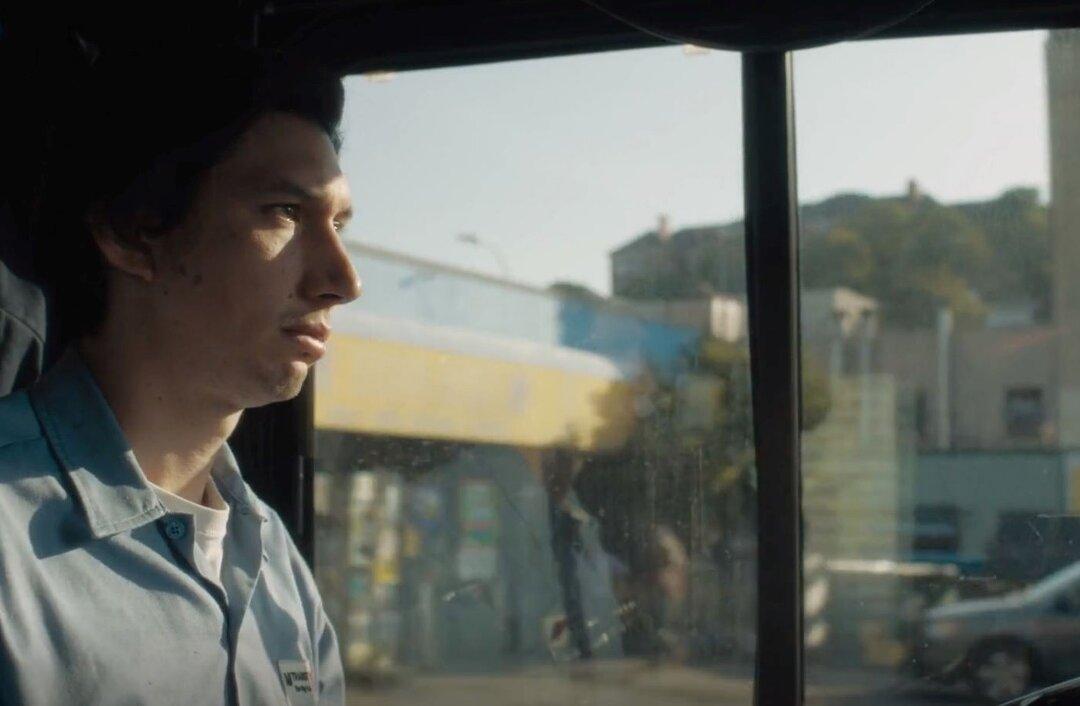R | 1h 58min | Comedy, Drama, Romance | 2016
Many films recount the lives of famous creative folk throughout the ages. Most of them, however, are about the world’s revered visual artists. Films about important poets, on the other hand, seem to be less popular. Besides a few standouts, such as 1998’s “Shakespeare in Love,” there haven’t been many that have had much of an impact.






